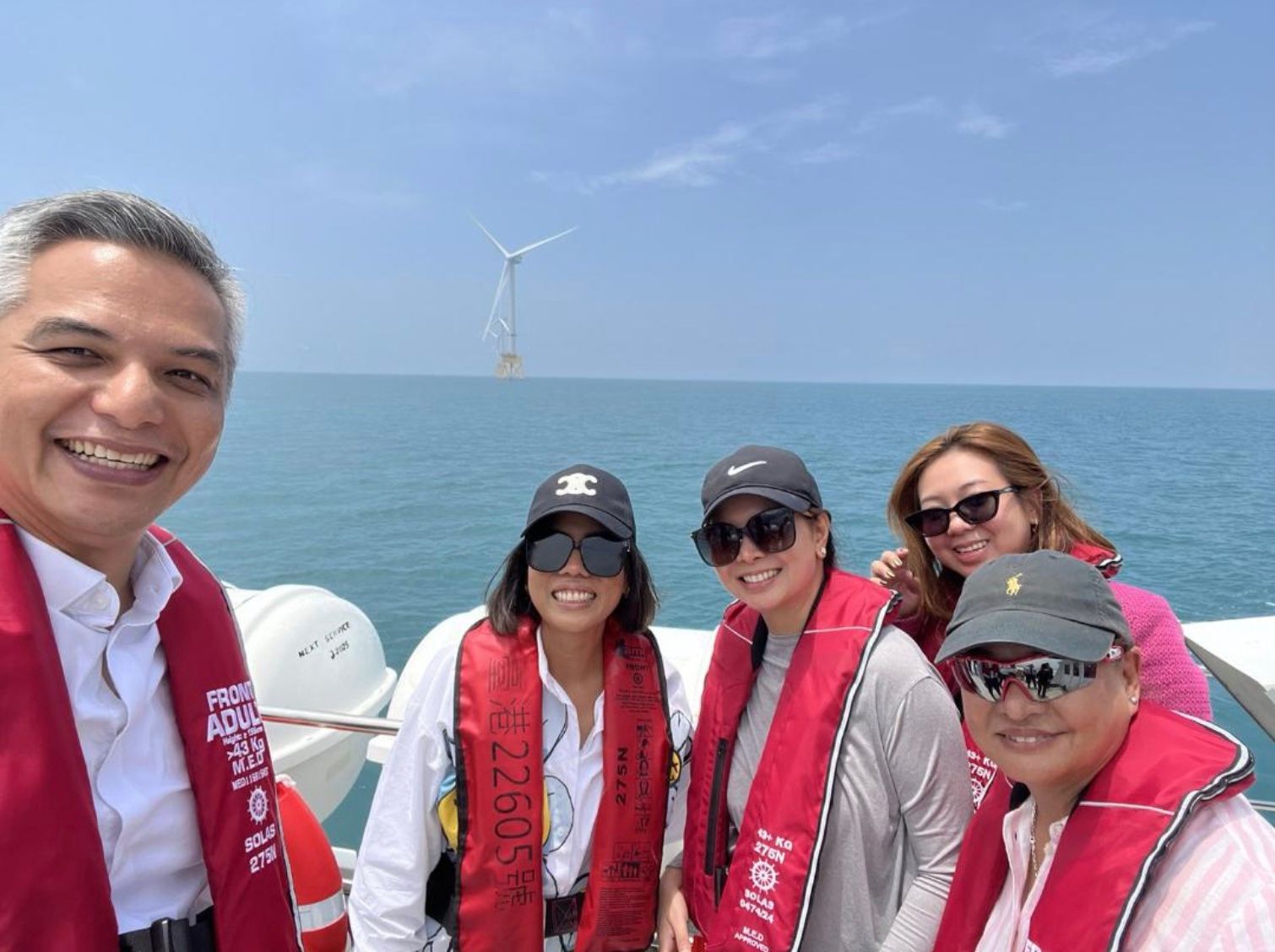Philippine exports to Taiwan post significant growth of 27%; Taiwanese investments on the rise
At A Glance
- In shoring up trade activities with Taiwan, PTIC Taipei conveyed that they have been giving premium to "significant industry partnerships and industrial park linkages, leveraging on the current Philippine policy reforms that address concerns previously raised by Taiwanese investors" – primarily those that relate to developments on ease in 'starting a business', policy support and incentives, as well as the 'new southbound policy' which serves as the policy foundation for Taiwanese firms to inject investment-dollars in the Philippines.
TAIPEI – The Philippines is successfully leveraging on its economic advantage as its export to Taiwan posted substantial growth of 27.38% in this year’s first quarter for an aggregate value of $720.80 million, according to the Philippine Trade & Investment Center (PTIC) here.
Conversely, the country’s imports from Taiwan had also been at a robust pace with 28.97% expansion for a total value of $950.28 million within January-March stretch this year.
Overall, the total trade between the Philippines and Taiwan had grown 12.22% within the period, which had been valued at $1.67 billion; and that consequently improved trade balance to $229.48 in this year’s first three months versus $771.96 million in the same period in 2023.

PTIC Taipei Trade Representative and Director for Commercial Affairs Anthony B. Rivera (left) had extended full support to the Philippine delegation that visited offshore wind farm projects in Taiwan.
Owing to that thriving outcome, Taiwan’s rank as a trading partner for the Philippines had been at 11th spot among 199 countries – with a remarkable 8th spot for exports out of 175 countries and 10th for imports among 176 countries.
PTIC Taipei Trade Representative and Director for Commercial Affairs Anthony B. Rivera highlighted that “Taiwan serves as a source of sustainable export-driven trade and investments anchored on environmental, social, and corporate governance (ESG) and green manufacturing to generate more jobs for the Philippines.”
He expounded PTIC has “identified export-driven trade and investment leads focused on ecosystem development and industrial complementation towards the establishment of new and existing investments from Taiwan following an integrated trade and investment promotion approach.”
On the investment front, Rivera emphasized that Taiwan’s investments to the Philippines ranked 8th with capital infusion of $24.63 million (P1.39 billion) and that had been rated “one of the fastest growth rate among 41 countries with 523% growth rate and 1% share from total investments for the first quarter.”
Topping Taiwanese investments in the country had been those on electricity, gas, steam and air conditioning supply with 90% share; manufacturing logged 9%; while financial and insurance activities registered 1% share and the rest have been administrative and support service activities.
PTIC noted the preferred destinations of the Taiwanese investors are the sites being promoted by the Board of Investments (BOI), as well as those of the Subic Bay Metropolitan Authority (SBMA), Philippine Economic Zone Authority (PEZA) and Clark Development Corporation (CDC).
In shoring up trade activities with Taiwan, Rivera conveyed that they have been giving premium to “significant industry partnerships and industrial park linkages, leveraging on the current Philippine policy reforms that address concerns previously raised by Taiwanese investors” – primarily those that relate to developments on ease in ‘starting a business’, policy support and incentives, as well as the ‘new southbound policy’ which serves as the policy foundation for Taiwanese firms to inject investment-dollars in the Philippines.
“This integrated promotion campaign strategy positions the Philippines as an important destination for Taiwan investments,” the PTIC official stressed.
Rivera specified that PTIC Taipei has integrated trade and investment program, and a major anchor to that is identifying priority industries for cooperation – particularly on the industrial manufacturing sphere spanning across transport that also covers electronics, semiconductors and electric vehicles (EVs); then technology, media and telecommunications; health and life sciences; modern basic needs as well as environment and climate change.
Another focus delves with “establishing cooperation in industries geared to domestic demand to support digital transformation and innovation, artificial intelligence (AI), research and development (R&D) center, industry 4.0 pilot factories, and to improve cold storage and cold chain facilities.”
Part of the trade deals being advanced with Taiwan would also be on “transforming the agriculture and agribusiness sectors through the adoption of new technologies and innovation.”
Further initiatives shall likewise pivot on attracting and generating new export-driven investments from Taiwan; as well as encouraging the expansion of existing Taiwanese investors in the Philippines; while also developing greater collaboration that can whip up strategic partnerships between Taiwanese investors and prospective local partners.